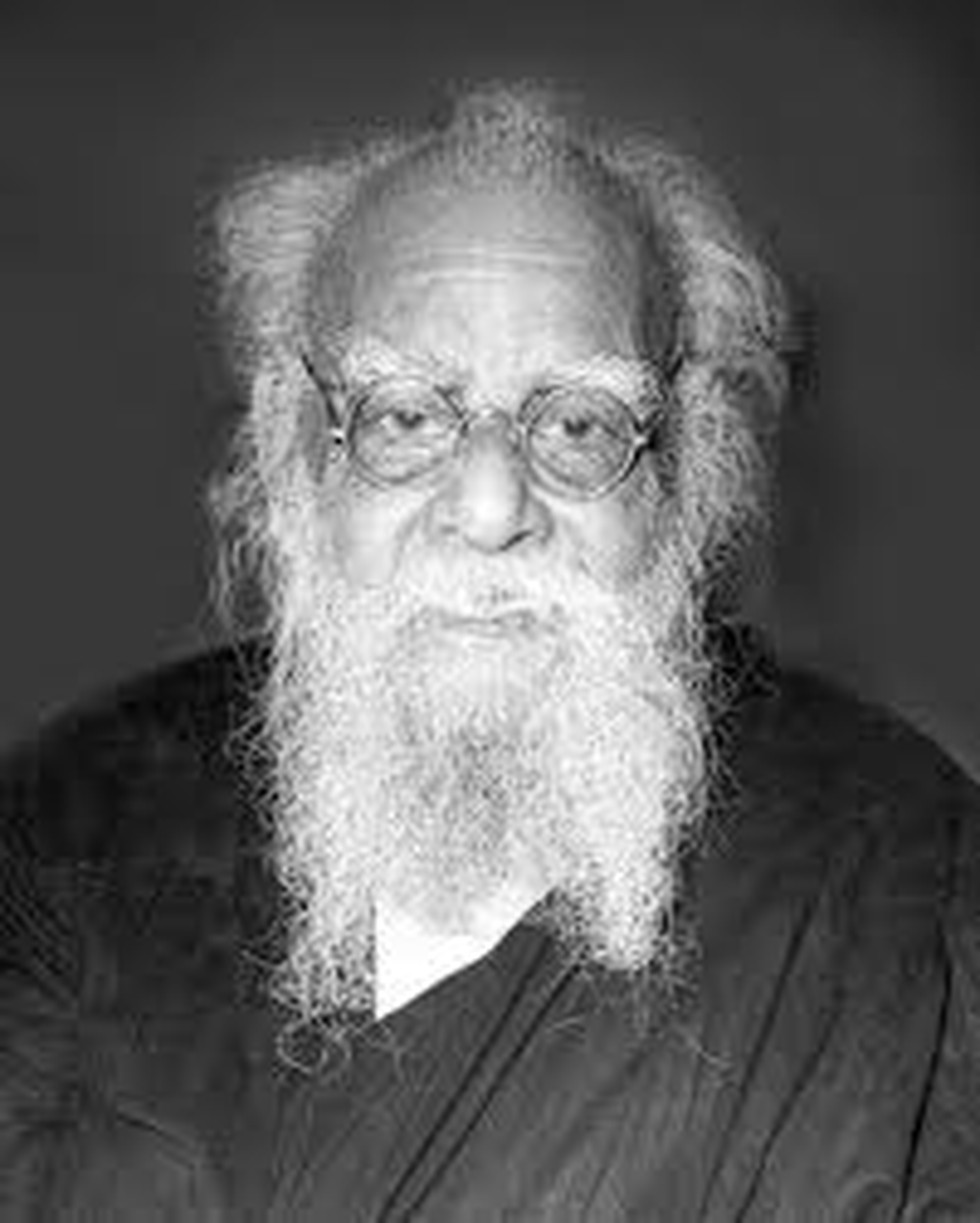
Why in News?
About Periyar E.V. Ramasamy:
Researchers have used James Webb Spac...
Recently, China and the Philippines h...
Recently, India successfully conclude...
Researchers have developed a new tool...
The National Centre for Polar and Oce...
A plea has been filed before the Supr...
Periyar Vision OTT platform was recen...
Russia’s Defence Ministry recently sa...
The Indian Renewable Energy Developme...
India Maritime Centre (IMC) moves clo...